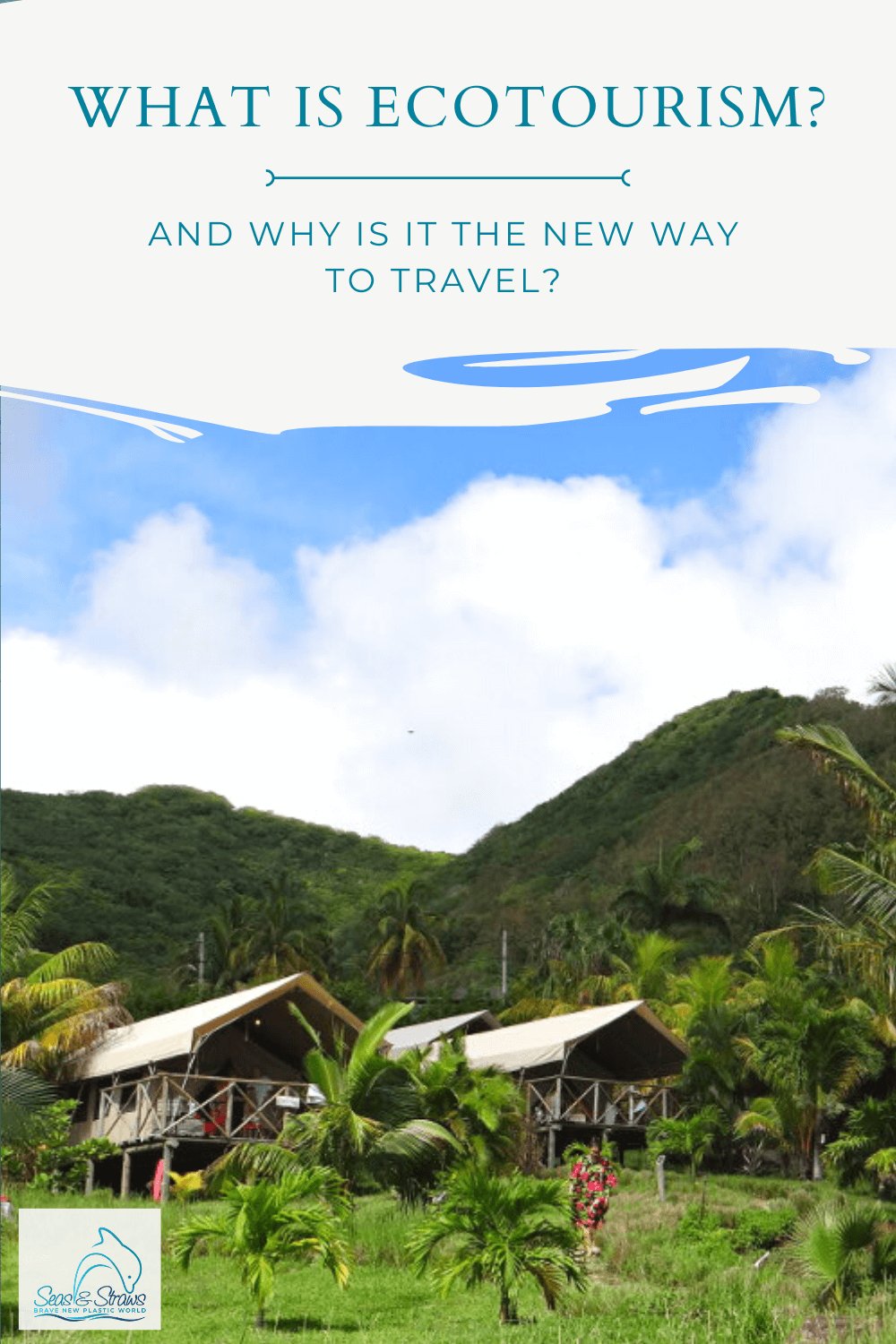- Home
- Sustainable Travel
- How to Be a More Sustainable Traveler
How To Be a More Sustainable Traveler
Guest post by Emma Bukowski, www.noseridersurf.com
It’s our responsibility as travelers and tourists to travel as sustainably as possible. It’s easier than ever in today's interconnected world to reach the most remote corners of the globe and with this new found connectivity we also inherit an important responsibility: to travel in the most eco-friendly way possible.
Sustainable tourism goes beyond the simple idea of minimizing our environmental footprint. It seeks to find a balance between economic development, human well-being, and environmental preservation and it falls to each of us to make informed choices. Here are my top tips for being a more sustainable traveler.
 Sustainable tourism seeks to find a balance between human well-being and the environment
Sustainable tourism seeks to find a balance between human well-being and the environmentSlow Travel is the Way to Go
Air travel is an inevitable part of many vacations, but you can minimize the negative impact by flying less often and staying in your destination longer. Apart from lowering carbon emissions, adopting a slow travel approach offers numerous advantages, such as developing deeper connections with local communities, finding hidden gems of restaurants and cafes, as well as making a more long-lasting impact on the local economy.
 Traveling slowly allows you to form deeper connections with local environment and communities.
Traveling slowly allows you to form deeper connections with local environment and communities.Select Locally-Owned Accommodation
Show your support for local people by choosing accommodations that are locally owned. There are a variety of options such as guesthouses, Couchsurfing, and my favorite, homestays. By ensuring your money directly contributes to the local economy, you're promoting sustainability. This approach contrasts with funds being funneled out of the local economy and into the pockets of hotel chains and resorts.
Look for Eco-Friendly Certifications at Your Accommodation
Prioritize accommodations committed to sustainability efforts, such as those employing solar power, energy-efficient lighting, and recycling practices. Investigate whether the hotel supports the local community by hiring local staff, sourcing food locally, and using regionally obtained building materials and decor.
Eco-lodges are a great idea as they typically are constructed and operate in an environmentally responsible manner. It's essential to be cautious about "greenwashing," as some hotels may claim to be eco-friendly without implementing genuine sustainability practices.
 Eco lodges are designed to blend in with the surrounding landscape
Eco lodges are designed to blend in with the surrounding landscapeFlying the Most Sustainable Way
Whenever possible choose direct flights to your destination and avoid layovers. Not only is this more convenient for your travel, but has a major impact on the environment too, with take off and landing are when the plane emits the most of its carbon emissions. When booking flights, select a “greener” flight. Additionally, choosing economy class has a wider impact than you’d think - Business class and First Class seats offer more space per passenger which equates to a larger carbon footprint.
Choosing Sustainable Holiday Wardrobe
Many people choose to splurge not only on their trip but also on a new Instagrammable wardrobe; however the detrimental impact of the fast fashion industry on the environment cannot be overlooked. To counter this, it's advisable to resist the urge to buy an entirely new wardrobe and instead, utilize what's already in your closet. If you find it hard to resist the allure of new purchases, opt for clothing that is as eco-friendly as possible. Seek out swimwear crafted from recycled fabrics or opt for garments made from renewable materials like cotton or linen. Ideally, the most environmentally friendly clothes are those that are durable and don't require frequent replacements, so prioritize quality over a low price tag whenever possible.
 Choose clothes and swimwear made from natural or recycled fabrics
Choose clothes and swimwear made from natural or recycled fabricsDine at Locally owned Restaurants and Cafes
Support the local economy by choosing restaurants and cafés operated by residents, just like you would with accommodations. This approach not only helps you connect with enthusiastic locals who take pride in sharing their traditional cuisine but also allows you to savor the authentic flavors of home-cooked meals. Word to the wise - go to the places that the locals are eating at, it’s your best bet for delicious food.
Avoid global food chains such as Starbucks or McDonalds - after all, you’ve flown across the globe, why have the same thing you can get at home.
Engage Only in Ethical Wildlife Experiences
Avoid wildlife tours that promise close encounters with animals, as these might involve unethical practices. We’ve all seen the compelling images of tourists up close with tigers in Thai temples, however these illusions were abruptly shattered when it was revealed the reason these animals were so docile was because they were being drugged. It shouldn’t have been all that surprising really.
Assess the ethicality of an animal tourism activity by observing the interaction with animals, particularly if the animals are unaccustomed to human contact. If activities involve touching, cuddling, or riding animals, it's a red flag. Instead choose tours that prioritize wildlife conservation and maintain a respectful distance from the animals.














